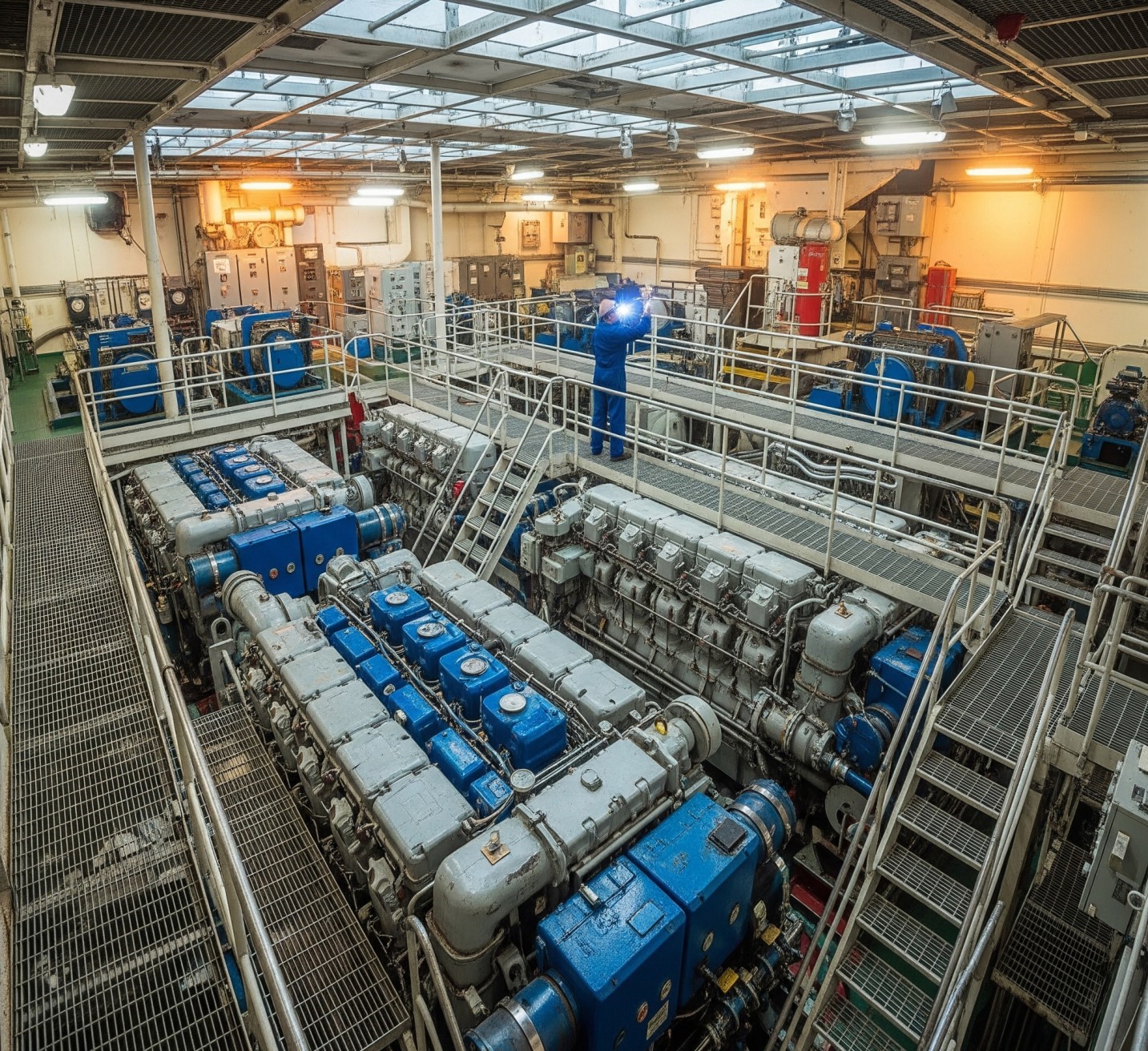In the titration of calcium and magnesium with EDTA the indicator calmagite works in the following way. When a small amount is
added to a solution containing magnesium at pH 10, red MgIn– forms. As EDTA titrant is added, free magnesium ions in solution react with it. After all the free magnesium is complexed, the next portion of EDTA removes magnesium from the indicator complex, converting the indicator to the blue HIn2– form. The pH must be near 10 because at pH values above 12 or below 8 the free indicator is red like the magnesium complex, and therefore no color change can be observed.
The calcium-calmagite complex is too weak to function as an indicator (log K (CaIn) = 3.7 at pH10). Calcium can, however, be titrated and an end point obtained when a trace of magnesium is present. In this experiment a small amount of magnesium is added to the titrant since the primary standard, pure calcium carbonate, contains none. The optimum pH range
for titrations of calcium and magnesium with EDTA is about 9 to 11. In solutions more acidic than pH 9, formation of the metal-EDTA complex is incomplete, whereas in solutions above pH 12, magnesium hydroxide begins to precipitate.
A solution of approximate strength of the disodium salt of EDTA, Na2H2Y.2H2O, is prepared and standardized against primary standard calcium carbonate. In addition to having all the properties of a suitable primary standard, calcium carbonate has the added advantage that the element titrated, calcium, is a major component of water hardness and of limestone.
HARDNESS INDICATOR POWDER CALMAGITE Supplier Oman Muscat Barka Salalah Sohar Ruwi Mutrah Nizwa Al Hamra Manah
Email:- mail@muscatchemical.com




